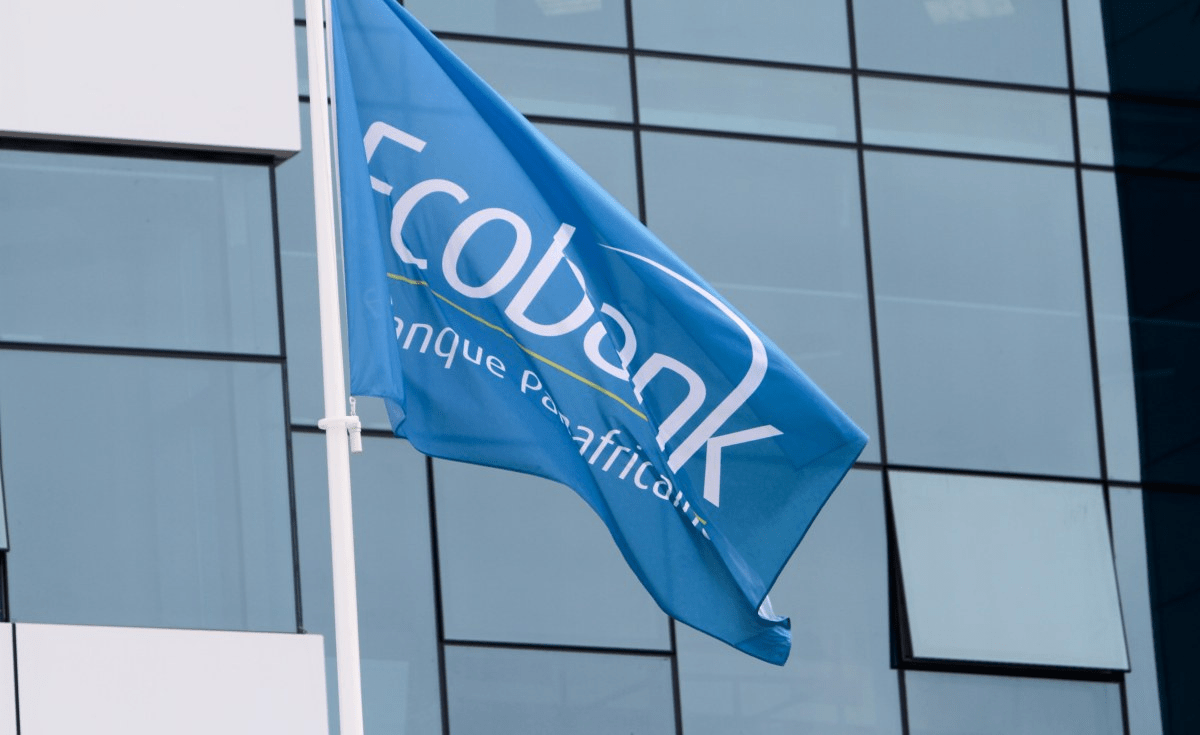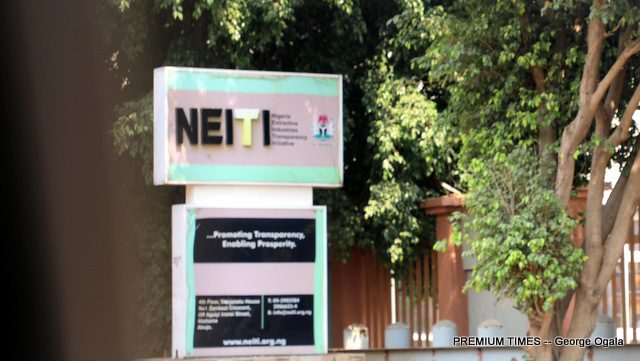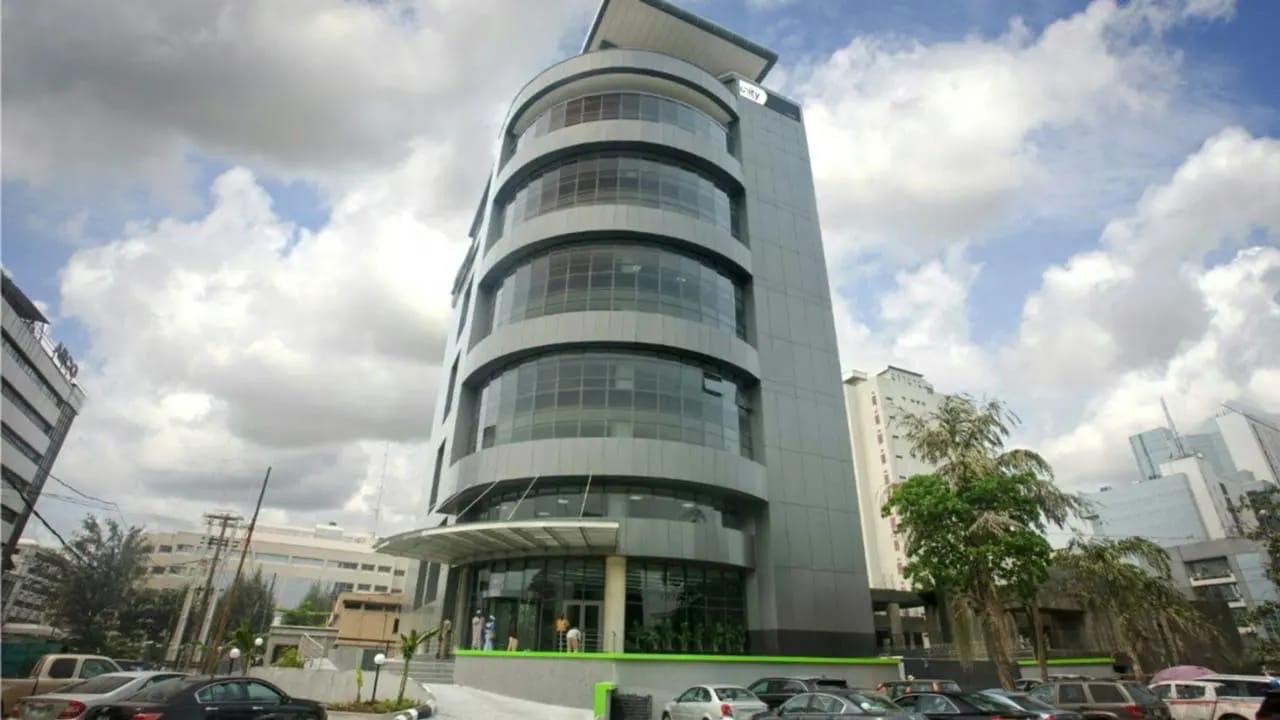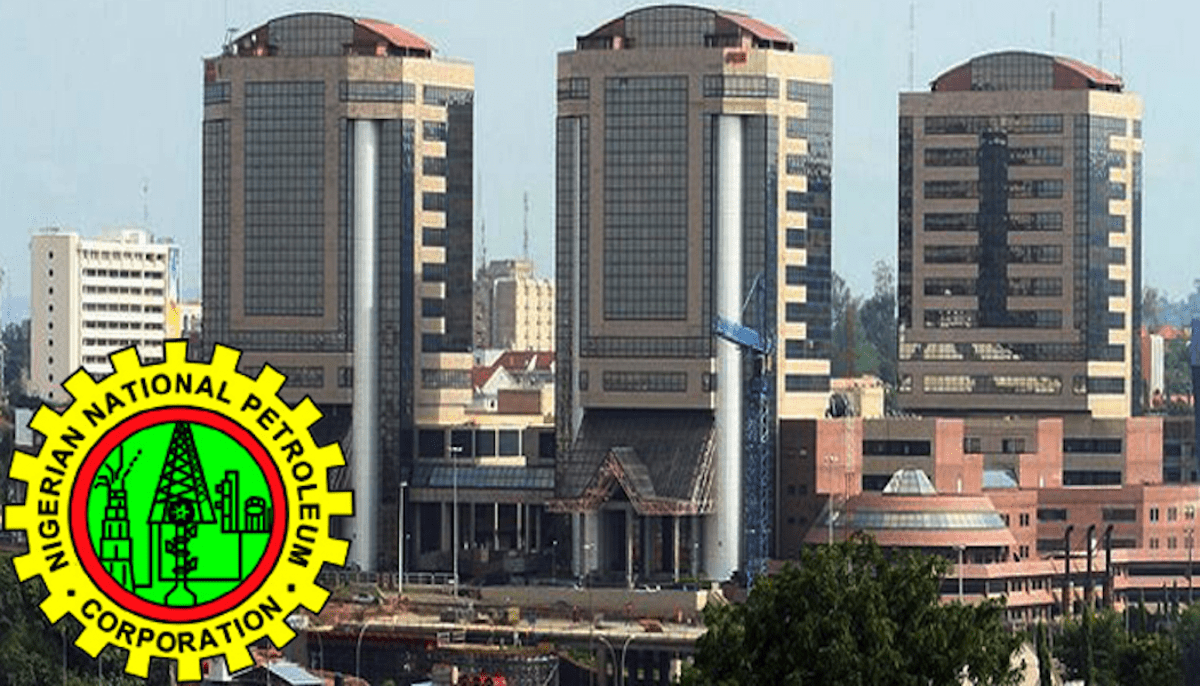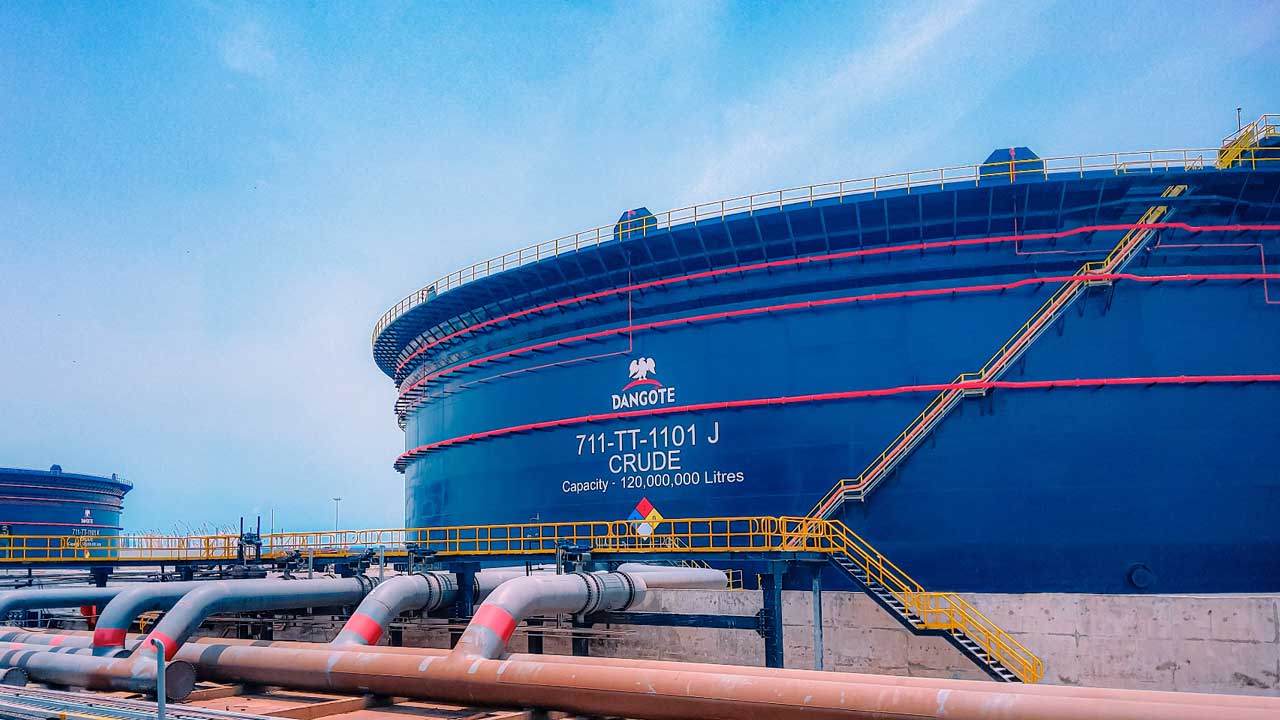PAVE: To Counter Extremism, FG Must Prioritise Investment in Development
PAVE: To Counter Extremism, FG Must Prioritise Investment in Development
Linus Aleke in Abuja
The Chairman of the National Steering Committee of the Partnership Against Violent Extremism (PAVE) Network – PCVE-KIRH, Jaye Gaskia, yesterday stated that the government must prioritise investment in development to effectively counter and prevent violent extremism in Nigeria.
Speaking at the two-day Media Capacity Building, Roundtable, Dialogue, and Flag-Off of the Media in PCVE Network in Abuja, Gaskia said that Preventing and Countering Violent Extremism (PCVE) should be viewed as a development intervention, rather than an ad hoc measure intended merely to address an issue on an interim basis.
“I would simply say that development should be prioritised; and if we are speaking about the development of our communities and society, then our investment – our public investment, as reflected in our budget – should also demonstrate that we are prioritising development.
“This means, for instance, that if the challenges in our society revolve around livelihoods, unemployment, and poverty, then the bulk of our public investment should be directed towards addressing these issues. That is how we know we are genuinely prioritising development.
“Essentially, when we prioritise defence and law enforcement over development, we are just waiting for crises to emerge. Instead of investing in mitigating crises after they have escalated, we should invest in circumstances that reduce the likelihood of crises arising in the first place, so that we do not have to allocate as many resources to defence and law enforcement,” he argued.
He noted that defence should be about protecting the country’s territorial integrity, and law enforcement should be about maintaining public order, observing that when law enforcement becomes about enforcing conformity, it signals a serious systemic breakdown.
In such cases, he advised that the government should focus its investment on addressing the root causes of that breakdown, rather than merely mitigating its effects.
“While building response capacity is important, it is even more crucial to recognise that these crises originate from developmental challenges. The most effective way to address them is to focus on resolving those underlying developmental issues,” he said.
In a paper titled “Conflict-Sensitive Journalism and Responsible PCVE Reporting”, a resource person, Senator Iroegbu, cautioned reporters against sensationalising conflict stories.
Iroegbu, who acknowledged the power of the media both to inflame society and to promote peace and tranquillity, also appealed to peace and conflict reporters to exercise this power responsibly.
He further emphasised the need to draw a line between reporting on terrorist activities and inadvertently advancing the agenda of terrorists, stressing that publicity is the oxygen and lifeblood of terrorism.
While urging reporters to always be objective, factual, and balanced in their reporting, Iroegbu advised journalists to be sensitive to the cultural and religious nuances of the communities they cover.
The post PAVE: To Counter Extremism, FG Must Prioritise Investment in Development appeared first on THISDAYLIVE.
Linus Aleke in Abuja The Chairman of the National Steering Committee of the Partnership Against Violent Extremism (PAVE) Network – PCVE-KIRH, Jaye Gaskia, yesterday stated that the government must prioritise
The post PAVE: To Counter Extremism, FG Must Prioritise Investment in Development appeared first on THISDAYLIVE.
Dangote Refinery: One Year, One Refinery, A Nation Transformed
Dangote Refinery: One Year, One Refinery, A Nation Transformed
By Abiodun Alade
In just 12 months, the Dangote Petroleum Refinery has shifted Nigeria from fuel importer to regional energy supplier, stabilised its currency, slashed fuel costs, and sparked an industrial revival. As Africa’s largest refinery marks its first year of operation, it stands as a bold symbol of private ambition driving national transformation.
One year ago today, a long-standing paradox began to unravel in Nigeria.
For decades, despite being Africa’s largest oil producer, Nigeria was heavily reliant on imported refined petroleum products, particularly Premium Motor Spirit (PMS), commonly known as petrol. While the country exported crude oil, it re-imported fuel at a premium, creating a costly and unsustainable cycle. The result was predictable: fuel scarcity, long queues, ballooning import bills, subsidy scam, smuggling of petrol and a national economy perpetually tethered to global oil market volatility.
But on 3 September 2024, that story began to change with the commencement of production of petrol at the Dangote Petroleum Refinery, a privately built megaproject that has, in a single year, begun to redefine the country’s energy landscape and with it, much of the broader economy. The refinery is also producing diesel, jet fuel, and Liquefied Petroleum Gas (LPG) among other products.
From Scarcity to Surplus
Located on the edge of the Atlantic in the Lekki Free Trade Zone just outside Lagos, the $20 billion refinery is the largest single-train facility, capable of processing 650,000 barrels of crude oil per day. Its commissioning last year was heralded as a potential turning point for Nigeria. Twelve months on, such optimism was not misplaced.
Fuel shortages, once a near-ritual during holiday seasons and election cycles, have largely disappeared. Petrol as well as diesel, and cooking gas prices have dropped, stabilising transport and household energy costs. In a country where inflation has been stubbornly high, this has offered a rare and tangible form of relief.
Moreover, Nigeria has remarkably shed its label as Africa’s top fuel importer, a title it held for decades. That distinction now belongs to South Africa.
President Bola Ahmed Tinubu hailed the refinery as “a remarkable achievement” and “a phenomenal project of our time,” underscoring its significance to Nigeria’s industrial and economic growth.
“This is more than what you see; it’s about what you can envision and build,” says Pan African Banker and Fintech expert, Patrick Akinwuntan. “Dangote’s success with this refinery teaches us that audacious leadership can overcome the biggest obstacles”
A Lifeline for the Naira
The refinery’s influence extends beyond fuel pumps and tank farms. By significantly reducing Nigeria’s reliance on fuel imports, the country has saved an estimated $25–$30 billion annually in foreign exchange, a staggering amount for an economy frequently grappling with currency crises.
This shift has helped stabilise the Naira, which has gained modest ground against major currencies for the first time in years. With less demand for dollars to pay for refined fuel imports, the Central Bank has found some breathing space in managing exchange rate volatility.
Furthermore, by exporting surplus refined products to neighbouring West African nations, the refinery has created a new stream of foreign exchange earnings, contributing to a rare surplus in Nigeria’s balance of payments in early 2025.
In September 2024, the governor of the Central Bank of Nigeria (CBN), Yemi Cardoso, stated that lifting petrol from the refinery can turn around Nigeria’s dollar-starved economy
“This is also expected to moderate foreign exchange demand for importation of refined petroleum products, with a positive spillover on external reserve and improvement in the overall balance of payment position,” he added.
He added that CBN Monetary Policy Committee expressed optimism that it will moderate transportation costs and significantly support the easing of food price pressures in the short to medium term.
GDP Growth and Job Creation
The refinery is projected to add approximately $15 billion annually to Nigeria’s GDP, representing a vital infusion of real sector growth at a time when the economy is still recovering from the shocks of the COVID-19 pandemic, multiple currency devaluations, and a costly fuel subsidy phase-out.
On the employment front, over 570,000 direct and indirect jobs have been created through the refinery’s operations and its wider value chain, including logistics, supply services, maintenance, and construction. Entire communities have emerged around the facility, supported by new roads, power infrastructure, and water systems that were previously non-existent.
More Than Oil: A Platform for Industrialisation
Beyond the numbers, the Dangote Refinery is repositioning Nigeria for deeper industrial development. By producing key by-products such as polypropylene, base oils, and jet fuel, the facility is stimulating growth in manufacturing, plastics, aviation, lubricants, and agro-processing.
It has also become a centre for skills transfer and technological learning, offering on-the-job training to thousands of Nigerian engineers and technicians who previously lacked access to advanced refining technology. In a country where “brain drain” is a persistent issue, this represents a quiet but critical investment in human capital.
“The Dangote Group has become a nurturing ground for Nigerian engineers, scientists, and technicians, many of whom have gone on to work as expatriates in various countries,” noted Funmi Sessi, chairperson of the Nigeria Labour Congress, Lagos State chapter.
She noted that this is not just about oil. It’s about knowledge, competence, and sovereignty.
The Road Ahead
While the refinery’s first year has delivered much-needed progress, the road ahead is not without hurdles. Crude oil supply consistency, export logistics, and continued importation of substandard petroleum products persist.
Still, for many Nigerians, the shift from energy dependency to relative stability is nothing short of monumental.
“One year in, and it’s already hard to imagine going back to how things were,” says Energy analyst Ibukun Phillips. “For once, the future feels like something we can build not just wait for.”
A New Chapter for Nigeria and Africa
As the world’s energy landscape evolves, Nigeria’s success in refining its own crude and exporting surplus fuel offers lessons for other resource-rich but import-dependent countries across the Global South. The Dangote Refinery is no silver bullet, but it is a powerful demonstration of what can happen when ambition, capital, and execution align in the right place at the right time.
President of the Economic Community of West African States (ECOWAS) Commission, Dr Omar Touray, lauded the refinery as a “beacon of hope for Africa’s future” and a demonstration of what the private sector could achieve in driving regional industrialisation.
In one year, one refinery has shifted the trajectory of a nation. And it may only be the beginning.
•Abiodun, a communications specialist writes from Lagos
The post Dangote Refinery: One Year, One Refinery, A Nation Transformed appeared first on THISDAYLIVE.
By Abiodun Alade In just 12 months, the Dangote Petroleum Refinery has shifted Nigeria from fuel importer to regional energy supplier, stabilised its currency, slashed fuel costs, and sparked an
The post Dangote Refinery: One Year, One Refinery, A Nation Transformed appeared first on THISDAYLIVE.
THE NEED TO TACKLE ROAD ACCIDENTS
THE NEED TO TACKLE ROAD ACCIDENTS
As we once again enter the “Ember Months” the period from September to December, concerns are already mounting over the perennial rise in road accidents during this season. Historically, this quarter of the year records an increase in crashes, injuries, and fatalities across the nation’s highways.
For years, many Nigerians have held the belief that the Ember Months are laced with negative spiritual forces, hence the spike in accidents. However, experts, including the Federal Road Safety Corps (FRSC), maintain that the real reasons are far more practical. According to the FRSC, the surge in vehicular movement during this period, as families travel, traders move goods, and festivities draw closer, inevitably places heavy pressure on the roads.
Compounding the situation is the negative attitude of many drivers who show little or no regard for road safety regulations. Reckless driving, over-speeding, dangerous overtaking, and poor vehicle maintenance remain major culprits behind the bloodshed on Nigerian roads.
It is therefore imperative for the FRSC to intensify its preparedness during these months. Adequate logistics, personnel, and patrol vehicles must be deployed to ensure that reckless drivers including operators of articulated trucks are kept in check. More importantly, recalcitrant drivers must be arrested and prosecuted to serve as deterrent to others.
The responsibility does not rest on the FRSC alone. The federal government must provide the Corps with the required resources to carry out its mandate effectively, while state traffic management agencies should collaborate closely to ensure accident-free roads during the Ember Months.
Furthermore, security agencies should caution their personnel against extortion of drivers and the creation of unnecessary checkpoints. Such practices not only fuel frustration but also cause long traffic buildups that heighten the risk of crashes.
Nigeria cannot continue to lose precious lives every Ember season to preventable road accidents. The time to act is now. With collective responsibility, strict enforcement of traffic laws, and genuine commitment from drivers, government, and security agencies, the roads can be made safer and the tragic pattern of Ember Month casualties can finally be broken.
Tochukwu Jimo Obi,jimobi83@gmail.com
The post THE NEED TO TACKLE ROAD ACCIDENTS appeared first on THISDAYLIVE.
As we once again enter the “Ember Months” the period from September to December, concerns are already mounting over the perennial rise in road accidents during this season. Historically, this
The post THE NEED TO TACKLE ROAD ACCIDENTS appeared first on THISDAYLIVE.
INDIA AT 79 YEARS AGE, IN A CRISIS
INDIA AT 79 YEARS AGE, IN A CRISIS
In global affairs, discretion is always wiser than valour, writes
RAJENDRA ANEJA
As India celebrates its 79th birthday, it has bountiful aspirations. First, it should control its population. India has the largest population in the world, at 1.46 billion. Every country has circumscribed resources of land, water, food, jobs, etc. If the population keeps growing, India will not be able to improve the quality of life of its citizens. The country needs to undertake persuasive family planning.
India needs to provide more food to all citizens. Many of the urban and rural poor live on one or two meals a day, instead of three meals and an evening snack. We need to ensure that people eat nutritious food. Eating wholesome food is becoming difficult, due to inflation. Prices of dairy products, lentils and flour have been swelling. Fruits like apples are becoming luxuries.
Whilst overall poverty is diminishing, there are millions yet living in destitution in the cities and villages. They subsist on free food grains and cash transfers, bestowed by governments, as election bonanzas. India is the fourth largest economy in the world. However, the country ranks 141st in per capita GDP globally. The fruits of high growth, should trickle down to every person. There are significant income inequalities in the country. Rising medical costs are distressing the lower-incomed. Medicines and hospitals rates have spiraled. A serious illness, can erase the life-savings of an uninsured middle-class person. About 64 percent of India lives in villages. Rural clinics need to be better equipped and staffed.
India needs to become investor friendly, to attract more capital in high-technology industries. To entice investment, it needs to improve the urban infrastructure, so that life is comfortable and enjoyable. India also needs economically priced housing, so that nobody sleeps on pavements. The streets are incredibly dirty, in the bigger and older cities. India needs to clean them mechanically.
India needs to generate millions of jobs to employ the youth-explosion. India may be the youth factory of the world, but then youngsters have to travel to other countries, to earn their livelihood. The education in schools and universities needs to be job and skill oriented. Everyone wants to specialize in Information Technology. But a country needs manufacturing, marketing and medical skills too. India needs clarity about the areas in which Artificial Intelligence, can improve productivity. AI should not just become another buzz-word.
Indians should guard against celebrity worship. What movie and sports stars wear and eat, is becoming more important than our own lives. Knowledge has to be esteemed, not sensationalism. Whilst we respect animals, we cannot let stray dogs and nomadic leopards maul children or senior citizens.
Indians need to work together, irrespective of religion, creed or language. A country with multifarious cultures and languages cannot fight within. It will fragment. The focus should be on character building. The young need to read more books and spend less time on digital apps.
Indians need to exercise daily, to burn the calories of oily diets, to prevent the country from becoming obese. Finally, Indians need to rediscover the lost joys of long walks, among mountains, trees and flowers.
These are many hopes for India, but even if a few are fulfilled in the next decade, it will be a cheerful journey.
Now, India is confronted with the new challenge of managing the 50 percent tariffs imposed on many products, by the USA. The tariffs are hurting. Orders for products like apparel, gem stones, footwear, shrimps, etc., are on hold. Workers in major production centres are in turmoil. Most small and medium sized exporters of these items, fear that the future will be bleak. Many of these factories will face closure. Their workmen may lose their livelihoods.
Manufacture of products like garments and footwear, is labour intensive. So, thousands of workers may get unemployed. Many women work in the apparel industry, particularly in South India. They support their families financially. Their lives will be adversely impacted. Their children may not be able attend school. Poverty will rise at a time, when efforts are being made globally to diminish hunger and foster literacy. Then, local purchasing power will erode.
India could lose its competitive advantage of low-cost skilled labour, if its export markets dissolve. Countries like Vietnam, Thailand, South Korea, China, Bangladesh, etc., will aggressively fill the gaps in supplies. India will struggle to get a foothold in the international market at a later stage. It is not easy to woo back lost customers.
India should not diffuse the issue by underscoring that USA wants to push its food grains and dairy products to India. Frankly, President Trump just wants India to stop buying Russian oil. Now, India has always taken a neutral posture on many global issues. The Indian purchase of Russian oil was always known across the world. India will have to negotiate with the USA and take a balanced stance. It will not be easy. However, there is no option. USA is one the richest and largest markets globally. No developing country can ignore it.
The high tariffs on many Indian products will lead to higher prices in the USA. It will also contract the demand for them. Some economists have recommended that India should focus on creating domestic demand for these products or scan alternate markets. Frankly, this many not be very practical. Indians are not going to suddenly wear more clothes or shoes or eat more shrimps.
The USA is a large and affluent market. Not many countries have its purchasing power. So, it is not easy to find other equivalent markets for Indian products. Every country has specific design or taste preferences. It takes years and decades to build a foreign market and loyal buyers. It is not simple.
So, it would be prudent for India to pursue the dialogue vigorously with the USA and seek a reduction in the import tariffs. In global affairs, discretion is always wiser than valour.
Aneja was the General Sales Manager, Unilever India and then Managing Director of Unilever Tanzania. He is an alumnus of Harvard Business School, and the author of books entitled, “Rural Marketing across Countries and “Business Express”. A Management Consultant, he writes from Mumbai, India
The post INDIA AT 79 YEARS AGE, IN A CRISIS appeared first on THISDAYLIVE.
In global affairs, discretion is always wiser than valour, writes RAJENDRA ANEJA As India celebrates its 79th birthday, it has bountiful aspirations. First, it should control its population. India has the
The post INDIA AT 79 YEARS AGE, IN A CRISIS appeared first on THISDAYLIVE.
MTN Pledges Support for Nigeria Premier Football League
MTN Pledges Support for Nigeria Premier Football League
NYG: Gov. Okpebholo Rallies Support for Team Edo as Athletes Dominate Games in Asaba
NYG: Gov. Okpebholo Rallies Support for Team Edo as Athletes Dominate Games in Asaba
Alcaraz Books US Open S’final Spot
Alcaraz Books US Open S’final Spot
Carlos Alcaraz says he is “here to entertain” after producing another brilliant performance to beat Jiri Lehecka and reach the US Open semi-finals.
The Spaniard took less than two hours on Tuesday evening to beat the Czech 6-4 6-2 6-4 at Arthur Ashe Stadium in New York.
The five-time Grand Slam winner laid down an early marker by breaking world number 21 Lehecka in the opening game and displayed a laser-like focus throughout the match.
But Alcaraz still found time for some showmanship during the victory, thrilling the crowd with his astonishing repertoire of shot-making.
“Sometimes I play a shot that I should not play in that moment but it’s the way I love playing tennis,” Alcaraz, 22, told Sky Sports.
“I want to play solid, play well and play smart but at the same time when I have the opportunity to play a great shot – or a hot shot, let’s say – why not?
“I’m here to entertain the people, myself and the team.”
Second seed Alcaraz will either face fourth seed Taylor Fritz or 24-time Grand Slam champion Novak Djokovic for a place in the final.
The post Alcaraz Books US Open S’final Spot appeared first on THISDAYLIVE.
Carlos Alcaraz says he is “here to entertain” after producing another brilliant performance to beat Jiri Lehecka and reach the US Open semi-finals. The Spaniard took less than two hours
The post Alcaraz Books US Open S’final Spot appeared first on THISDAYLIVE.
BAL, Chiney Ogwumike Celebrate Young Women in Basketball in Lagos
BAL, Chiney Ogwumike Celebrate Young Women in Basketball in Lagos
Free Agent Iheanacho Joins Celtic after Sevilla Exit
Free Agent Iheanacho Joins Celtic after Sevilla Exit

